True Eyes!
As a blind pastor, Brandon Grady uses the eyes of his soul to guide him.
Writings that present a theological argument for disability advocacy in faith communities.

As a blind pastor, Brandon Grady uses the eyes of his soul to guide him.
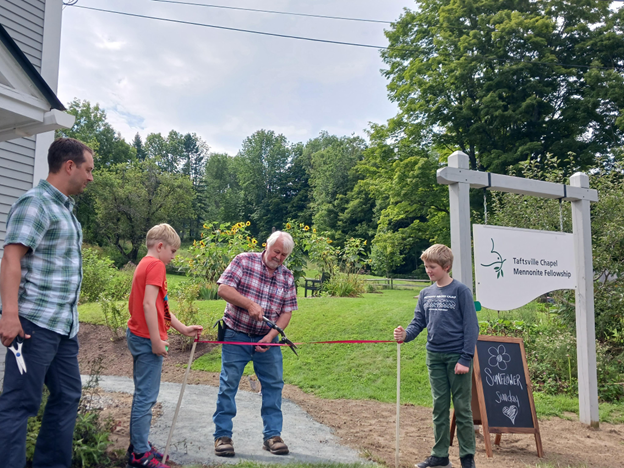
Steve McCloskey, Pastor, shares the church’s theological journey that led to the installation of the accessibility ramp.
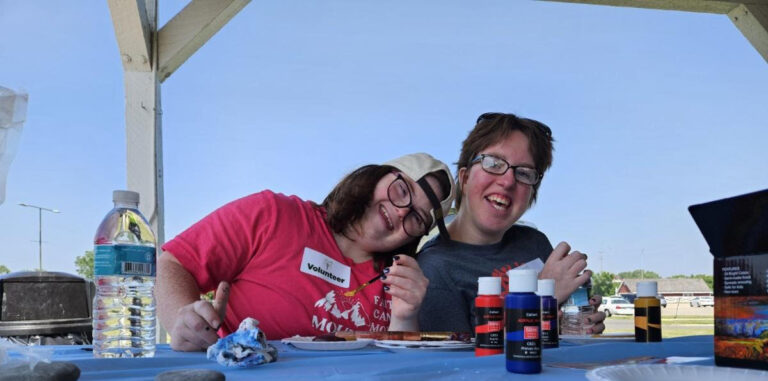
Emily Krabill talks about baptism, church, God, and what it means to belong.
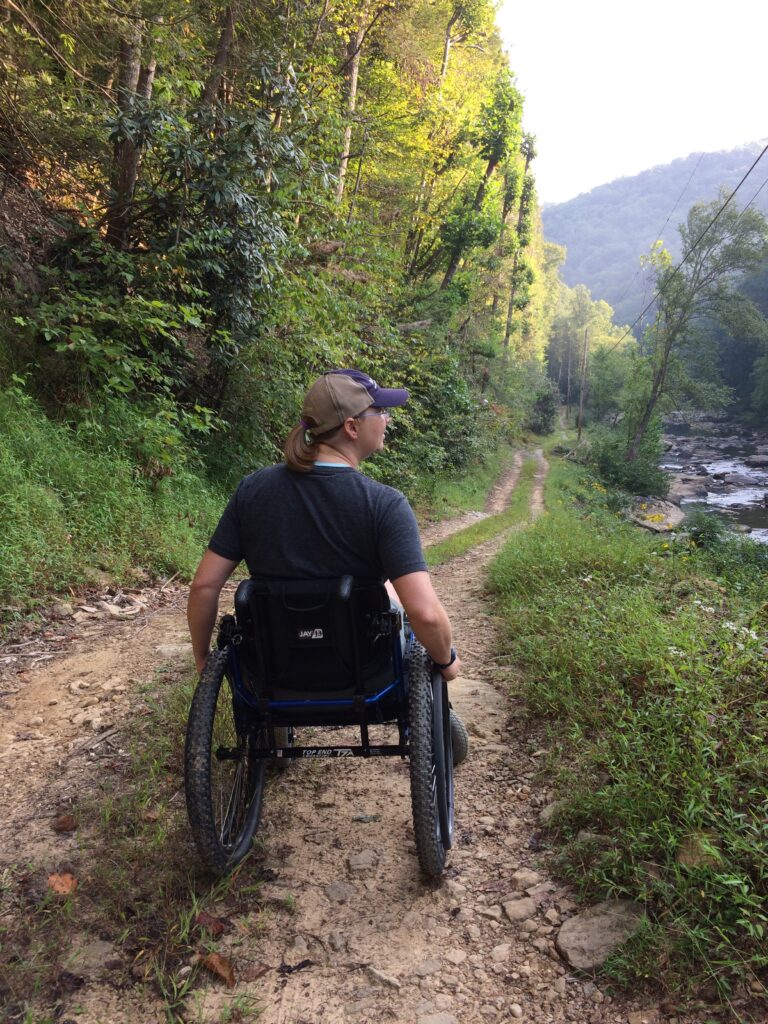
In this collaboration with Mennonite Women USA for Disability Pride Month, Sarah Werner redefines her disability as something to be proud of, not something to be ashamed of.
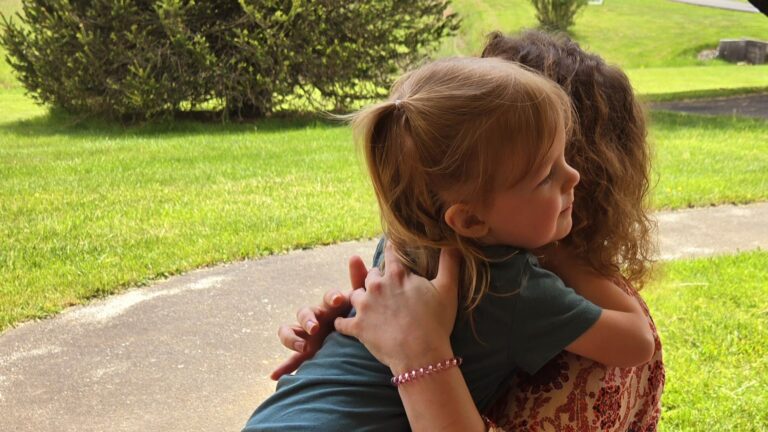
Katie Smith reflects on being fearfully and wonderfully made as a disabled person.

Tony Miller wrestles with the ideas of healing, wholeness, and love.

Reflecting on a chronic illness diagnosis, Laura Stone explores how she learned to surrender to a life she did not expect.
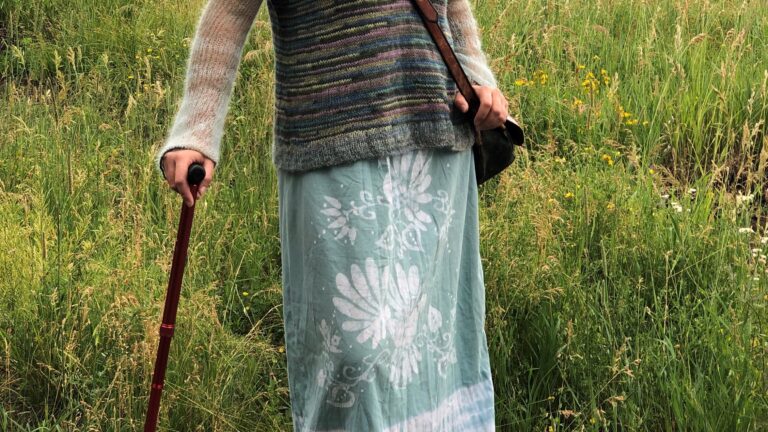
Jasmine Duckworth shares vulnerably about her struggle for self-acceptance after a chronic-illness diagnosis.
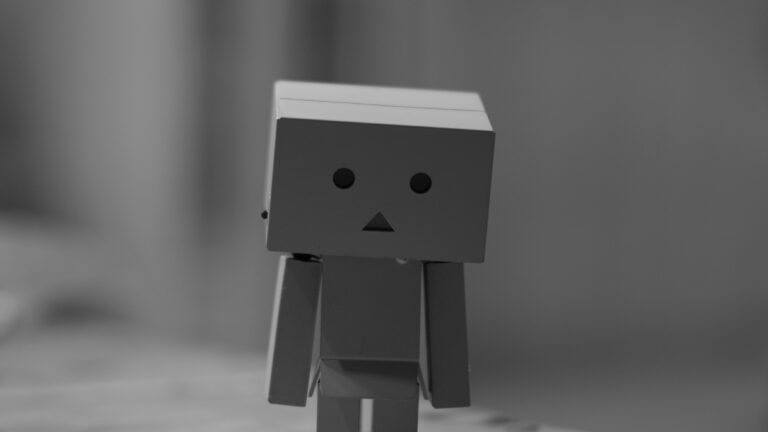
M.Div. student Michelle Robichaud offers a few ways churches can support lonely youth who lack a feeling of connection.
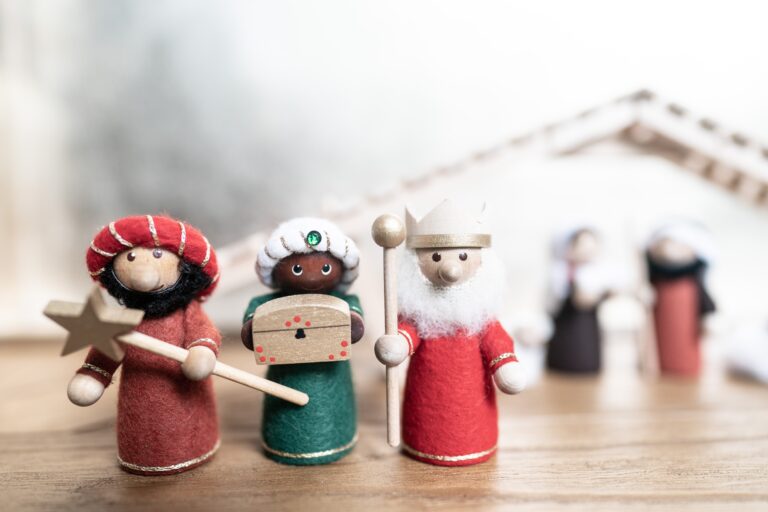
Brandon Grady draws a connection between navigating life as a blind man and searching for Jesus as a magi.

In this poem, Sarah Werner provides an eloquent imagining of what it feels like to be wholly welcomed into God’s Community.

Why does the Resurrected Jesus have wounds? Laura Stone muses in her sermon on disability and wholeness. Plus, a sneak peek of Laura and Peggy Gilbert’s performance poetry.

Sarah Werner reflects on the church’s changing beliefs about physical disabilities and calls us to a more embodied approach to worship.
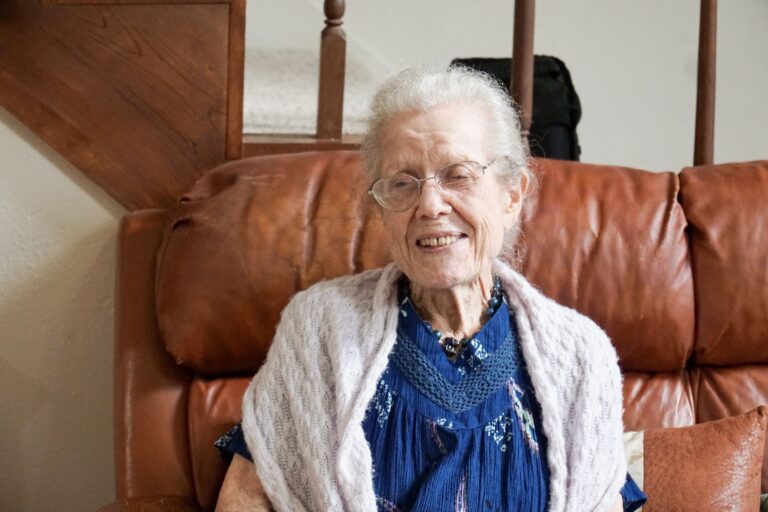
John Swinton writes on the intricate relationship between God and a person with dementia.
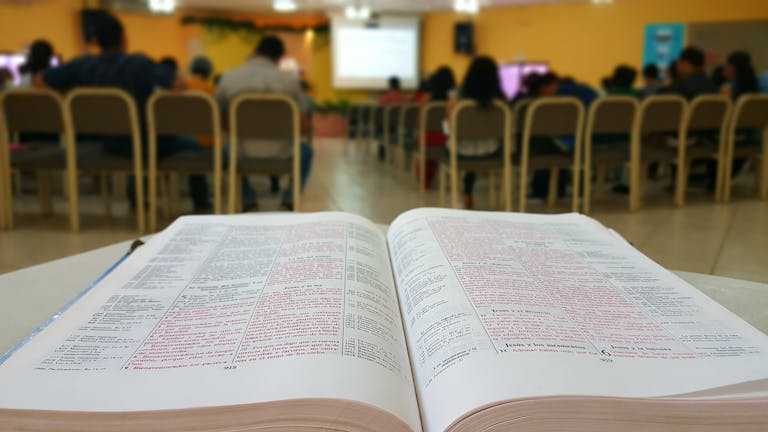
With a poem and essay, Chou Hallegra calls congregations and individuals to consider how to support people with mental illness.
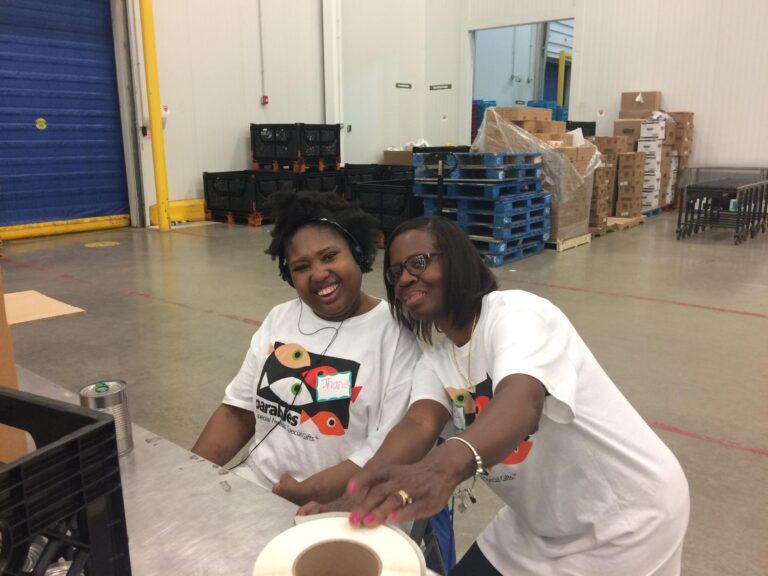
Jeanne Davies calls congregations to greater belonging and inclusion.
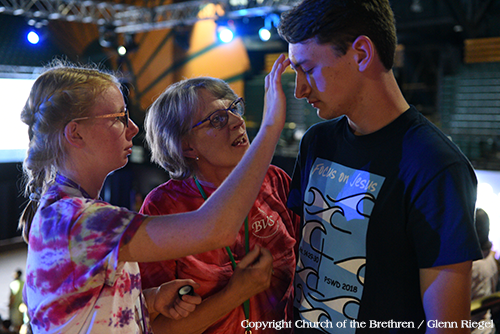
Pastor Staci Williams provides an introduction to trauma and encourages grace and compassion when interacting with people with trauma.
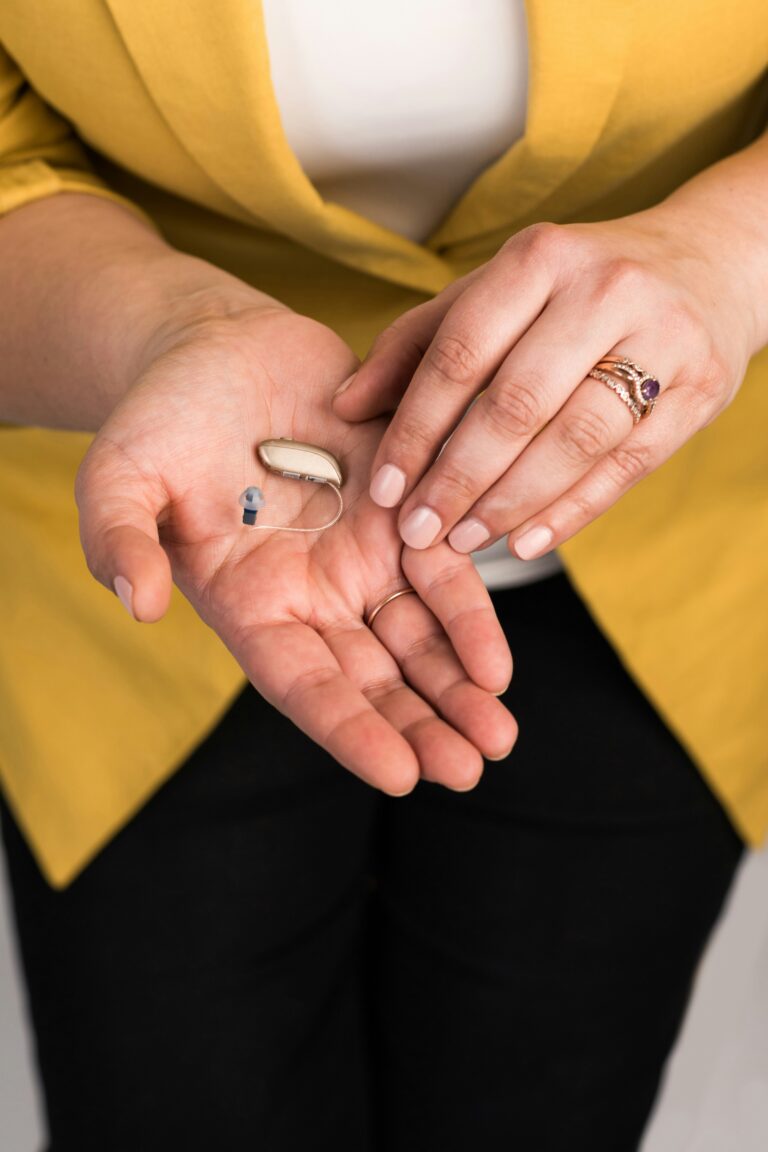
Rachel Joy sees her hearing loss as something that adds to her life, not as something to be cured.

Christine Guth’s understanding of the word “human” shifted as her understanding of her autistic family members grew.